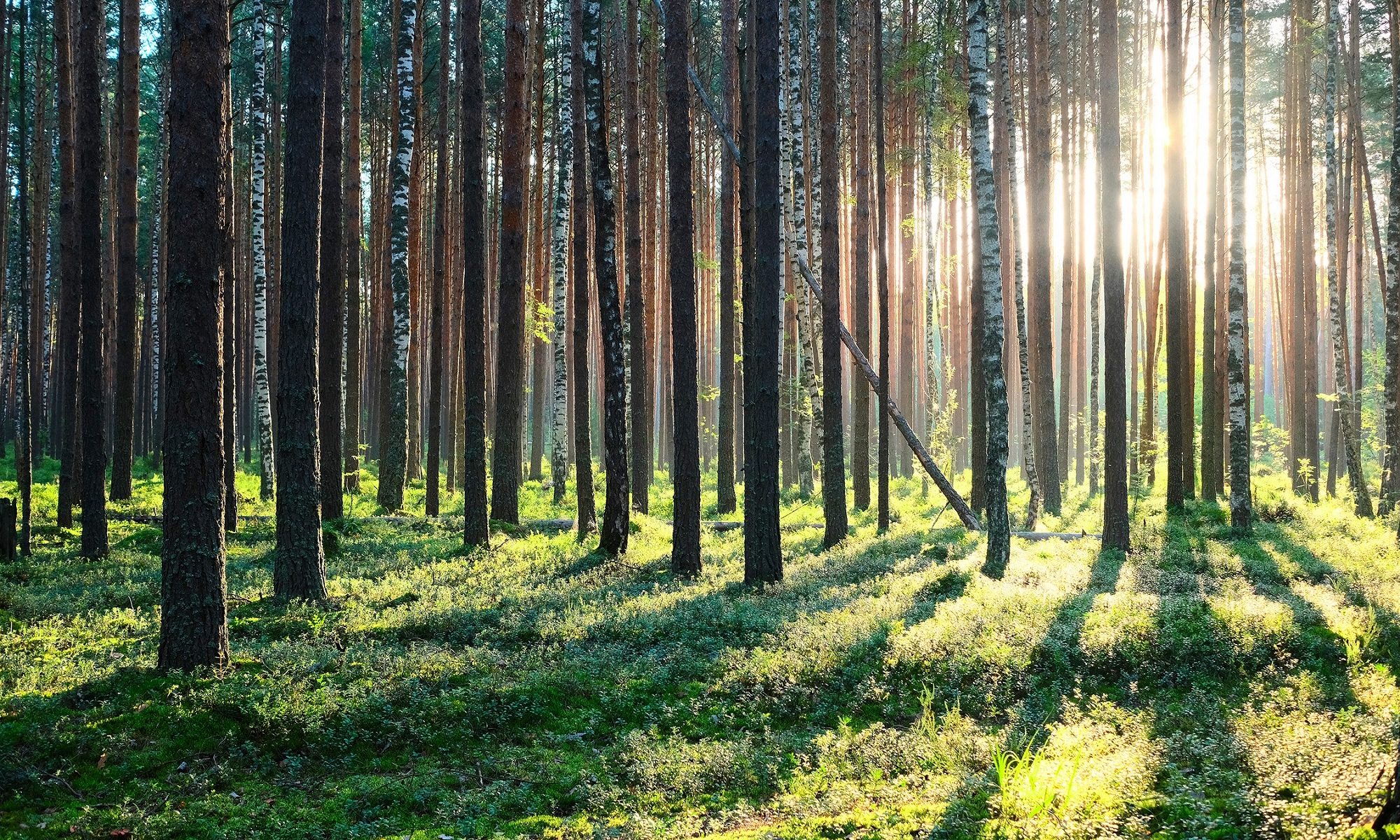We have seen decisions against the use of biomass in the Netherlands in the past. Now, Swedish government-owned energy group Vattenfall recently announced the cancellation of its long-standing plans to build a biomass heating plant in Diemen, near Amsterdam, Netherlands. The decision, made public on October 16, highlights growing concerns over biomass sustainability in the region.
The Netherlands has a number of biomass plants that utilize wood pellets, both for co-firing with coal and for heating purposes. The country has around 200 heat-producing biomass plants and four energy plants that co-fire with wood pellets and coal. Additionally, there are around 150 solid biomass projects dedicated to heat production.
In terms of consumption, the Netherlands uses around 3.1 million metric tons (MMT) of wood pellets annually, with domestic production being significantly lower, around 350,000 metric tons. Most of the pellets are imported, with a large portion used for co-firing in power plants.
This biomass infrastructure plays a key role in the Dutch energy transition strategy, although recent policy shifts are placing stricter sustainability standards on biomass projects.
The Vattenfall project, which had been in development for several years, was initially set to provide 120 megawatts (MW) of renewable heat to surrounding municipalities using sustainably sourced wood pellets. In June 2019, Vattenfall reached agreements with local authorities to supply heat to these communities. By September of that year, environmental permits were secured, positioning the plant for potential development.
However, in June 2020, Vattenfall announced a delay in finalizing the project due to rising debates over biomass as a sustainable energy source. The company emphasized that a clear and robust sustainability framework from the Dutch government was crucial before moving forward. With the ongoing uncertainty surrounding biomass policy and its environmental impact, Vattenfall ultimately decided to cancel the project altogether.
This development underscores the challenges that biomass faces as part of the renewable energy mix, particularly in Europe, where discussions about long-term environmental sustainability are intensifying.
Sources:
